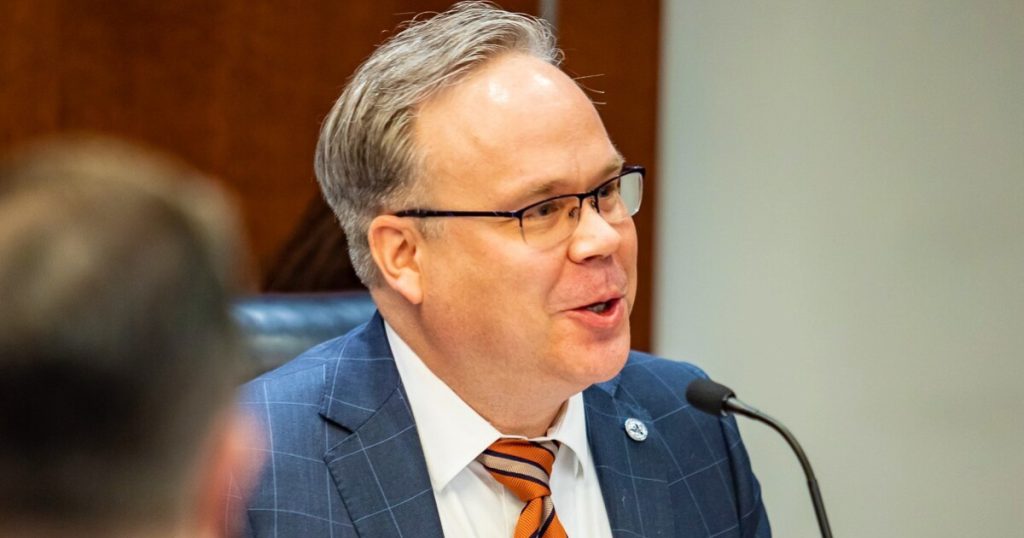- Key insight: The Supreme Court hasn’t said it will never hear the NCUA case, just that it will consider the FTC case alone right now.
- What’s at stake: Todd Harper and Tanya Otsuka’s absence from the board might mean that the NCUA can’t address the March 2026 expiration of the NCUA’s 18% federal credit union interest rate ceiling.
- Forward look: The D.C. appeals court could take up the NCUA case after the Supreme Court decides the FTC case.
WASHINGTON — The Supreme Court has denied a petition by ousted credit union regulators’ to immediately hear their case.
The Supreme Court declined to review the petition from Todd Harper and Tanya Otsuka, two former National Credit Union Administration board members who are seeking to be reinstated to the board after President Donald Trump
The pair asked the Supreme Court to take up their case alongside a Federal Trade Commission dismissal case, Trump v. Slaughter. That matter involves similar questions about whether the president can fire commissioners from independent agencies without demonstrating cause.
Otsuka and Harper argue that their dismissals were unlawful, saying that Trump terminated their fixed terms without cause.
“The President terminated the terms of Plaintiffs Todd M. Harper and Tanya F. Otsuka in the middle of their fixed terms as members of the Board of the NCUA, without explanation and without any cause,” their initial lawsuit said. “That termination disregards the protections Congress established to preserve the Board’s independence and threatens the integrity of a vital federal financial regulator.”
The D.C. District Court found that the firings
The Supreme Court will hear oral arguments in the Slaughter case, which focuses on the removal of Federal Trade Commission Commissioner Rebecca Slaughter, on Dec. 8.
The boardroom purge at the NCUA has left the agency in a state of limbo. Harper and Otsuka argue that the NCUA can’t fully function because the agency’s governing statute requires a two-member quorum, and the pair’s firing has left the board with just one member: Trump-appointed Chairman Kyle Hauptman.
The NCUA’s shaky ability to operate also comes as the $2.3 trillion-asset credit union industry has gotten
The NCUA has maintained that the board can operate with a single board member based on a precedent from 2002, when a single chairman ran the agency for two months.
Harper and Otsuka have sought expedited consideration of their case by the D.C. Court of Appeals, arguing that the current stay that has kept them off the board prevents them and the agency from pursuing statutorily mandated issues pertinent to the credit union industry.
America’s Credit Unions, the main trade group for the credit union industry in Washington, has supported their position. It has said that with only one board member, the NCUA can’t address the March 2026 experience of an 18% interest rate ceiling on federal credit unions.
“America’s Credit Unions continues to support an independent NCUA with a bipartisan, three-member board as essential to effective oversight of the credit union industry,” the group said.

